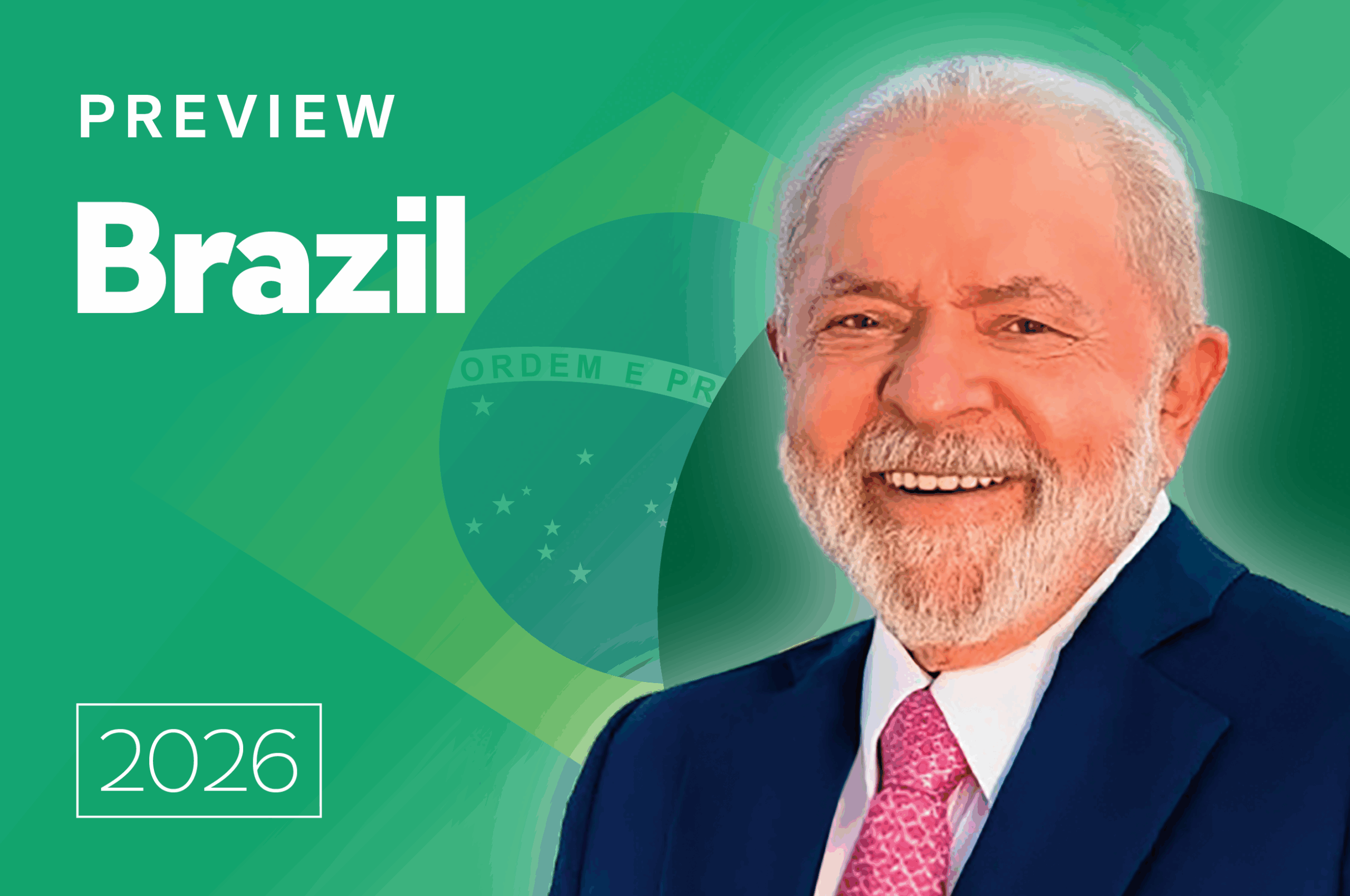Brazil's Long To-Do List
Brazil's Long To-Do List
Can Brazil build the massive infrastructure it needs to host the Olympics and the World Cup? Andrew Zimbalist explored the issue in the Summer 2011 Americas Quarterly.
Never mind that the Brazilian government is trampling the homes and uprooting the communities of the poor in some inconveniently located favelas. Never mind that many of the million-plus residents of Rio de Janeiro’s shantytowns still find their lives controlled by violent drug gangs and that the crime rate in Rio ranks among the highest in the world. Never mind that 1.5 million Brazilians are scheduled to be relocated before 2014.
There’s a party to throw—actually two—and the world will be watching. Brazil will host soccer’s World Cup in 2014 and the Summer Olympic Games in 2016. Years ago, when Brazil convinced the International Federation of Association Football (FIFA) and the International Olympic Committee (IOC) that it had the best plan to host these mega-events, grand promises of new sporting
venues and modern infrastructure were made.
If Brazil’s dreams for these games became reality, here’s what would have to happen: Brazil’s post-1994 economic boom would have to accelerate, and the country would grow from an emerging market into a developed economy. That would enable Brazil to afford the estimated $1 trillion in public works spending to pay for renovation and construction of 12 stadiums and a massive overhaul of the national transportation infrastructure. The projected work includes: building new roads; creating a rapid-transit train between São Paulo and Rio, new subway lines in São Paulo (especially Line 4 from the airport to downtown), and new ports; and expanding 12 airports—not to mention building new hydroelectric plants and transmission lines to power it all. The investment and construction would generate hundreds of thousands of new jobs and investment opportunities would multiply.
Access the full text of the article at www.AmericasQuarterly.org.
Andrew Zimbalist is the Robert A. Woods Professor of Economics at Smith College. He has written extensively about Latin America and the sports industry.








